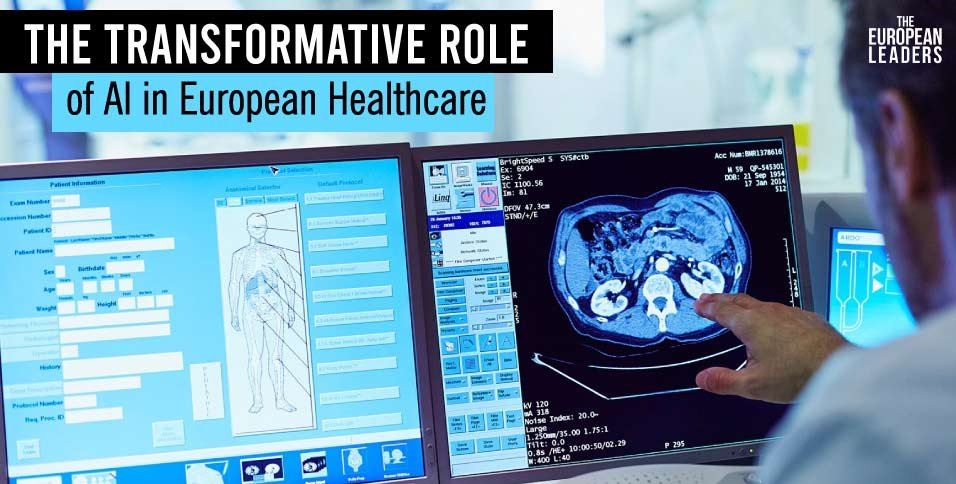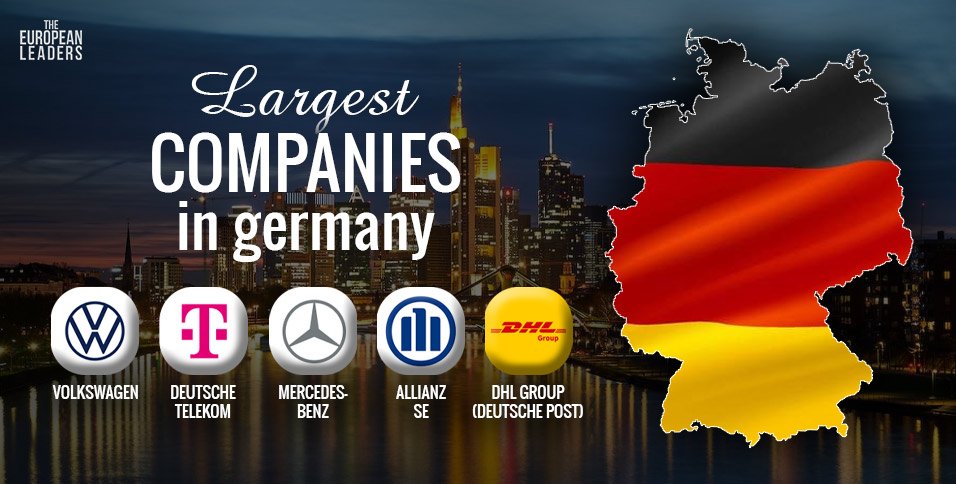Artificial Intelligence (AI) has emerged as a transformative force in the field of healthcare across the globe. In Europe, several leading countries have been at the forefront of harnessing the power of AI to improve patient care, optimize healthcare systems, and drive medical research. We will delve into the pivotal role that AI is playing in the healthcare systems of prominent European nations and explore what the future holds for AI-driven healthcare advancements.
AI-driven genomic analysis enables highly personalized treatment plans, minimizing adverse effects and maximizing therapeutic outcomes. They assist in predicting disease outbreaks, patient readmissions, and individual health risks, leading to proactive healthcare interventions.
AI in Healthcare across Europe:
DeepMind, a UK based company (a subsidiary of Alphabet Inc.) has made significant strides in healthcare AI, collaborating with NHS hospitals to develop AI algorithms for early diagnosis of diseases like diabetic retinopathy and predicting patient ddeterioration. OWKIN, a French based company specializes in using AI to accelerate medical research and drug discovery. They collaborate with various healthcare institutions to analyze clinical and molecular data.
The integration of AI with robotics enhances precision in surgery, leading to minimally invasive procedures and faster patient recovery. The proliferation of IoT devices and AI will enable continuous remote patient monitoring, reducing the burden on healthcare facilities and enhancing patient autonomy.
For example, Koa Health, headquartered in Barcelona, focuses on mental health AI solutions. Their AI-driven apps and platforms help individuals manage their mental well-being.
The integration of AI into European healthcare signifies not only a monumental leap forward but also a profound shift in the very paradigm of healthcare delivery. It holds the promise of highly individualized treatments, the early anticipation of disease patterns, an expedited pathway to new medications, unprecedented precision in surgical procedures, and continuous, proactive remote patient monitoring. As we enter this uncharted territory, the seamless integration of human expertise with the boundless potential of AI innovation stands as the cornerstone of healthcare’s redefinition – a legacy that will shape the well-being of countless generations to come.
Also Read: Europe’s additive manufacturing revolution, innovating industries layer by layer








